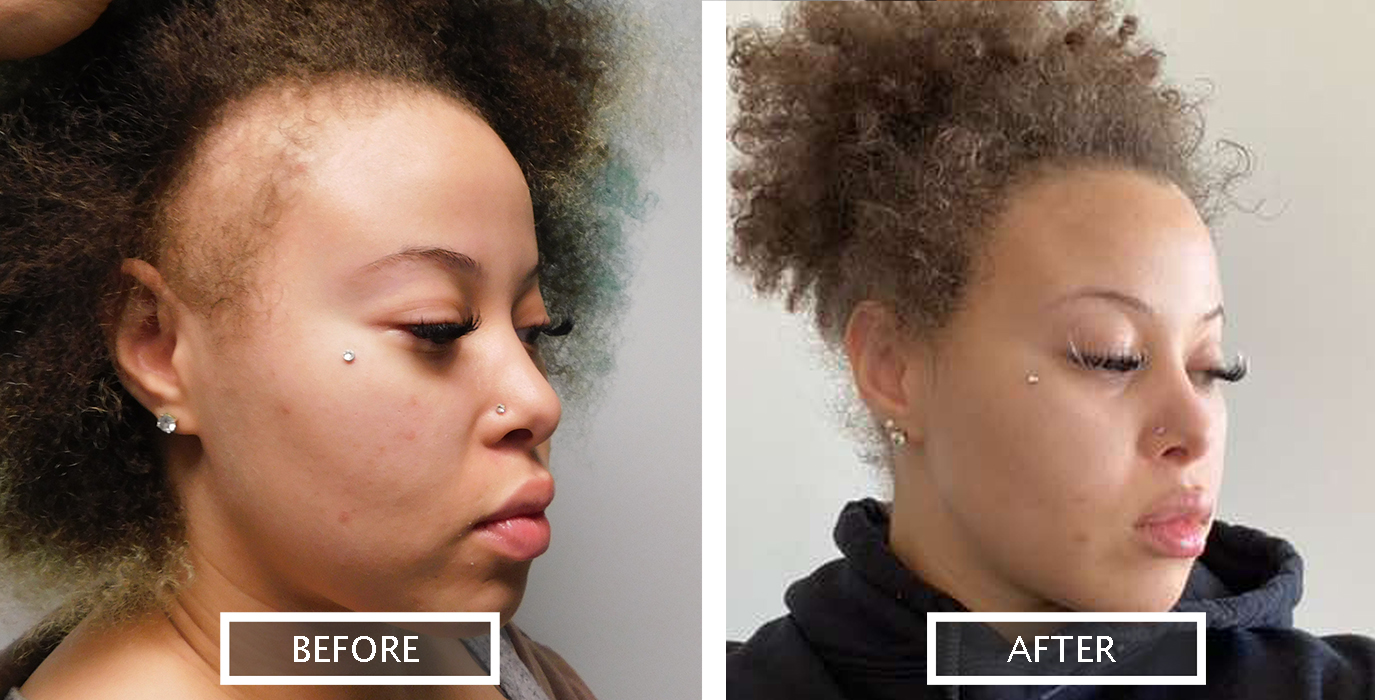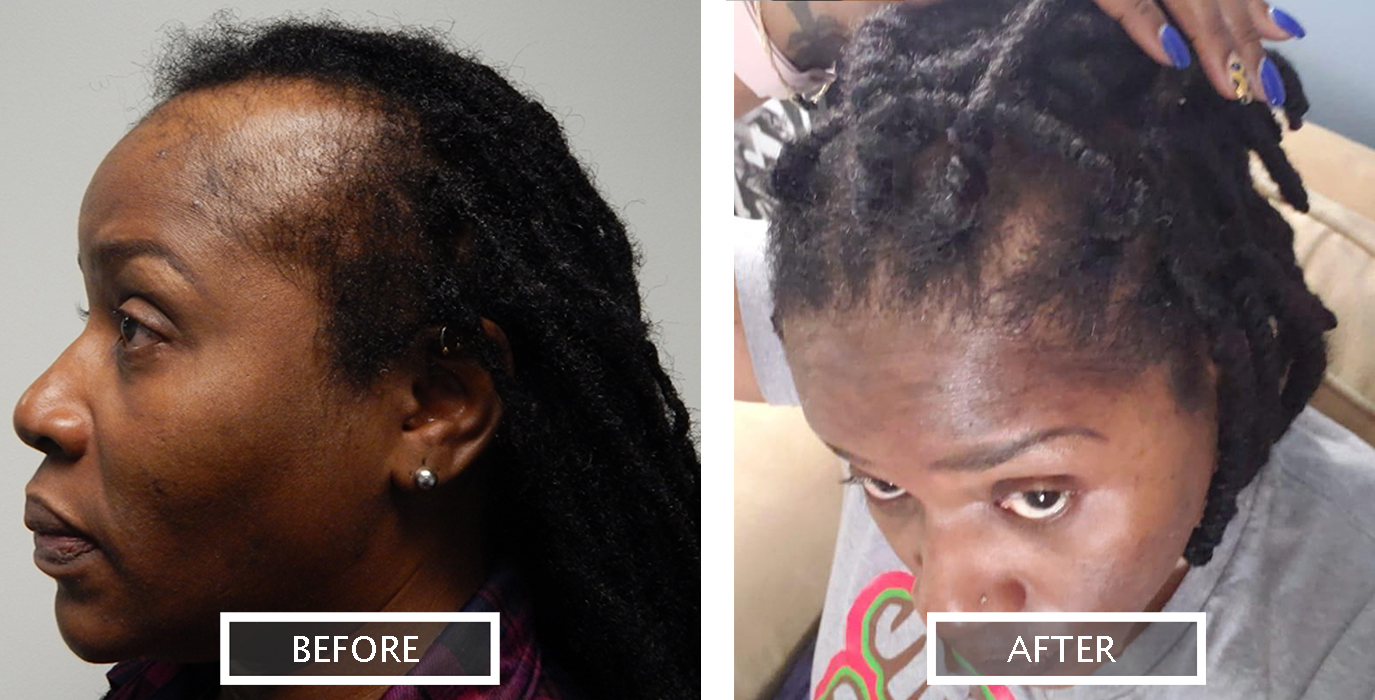As Black women express their individuality through bold and trend-setting styles, there’s a profound acknowledgment that certain practices, while iconic, come with potential risks leading to hair loss. The very boldness that defines their quest for self-expression is also in play as they navigate the path to reclaim lost hair. Just as the most daring and brightest hairstyles and colors have graced the heads of our favorite artists, Black women are fearlessly stepping into the spotlight to own their unique journeys with hair loss and restoration.
Black women are breaking barriers and rewriting the narrative on hair and beauty standards. The shifts in beauty norms are evident as women in hip-hop and beyond embrace styles that are testaments to their individuality, living by their own rules and setting trends rather than adhering to them.
For Black women dealing with alopecia and exploring hair restoration, the journey is equally bold and transformative. Dr. Jaime Rosenzweig, also known as Dr. Rose, a leading expert and hair transplant surgeon at Natural Transplants, sheds light on the unique challenges faced by Black women in their struggle with traction alopecia. As they embrace their natural beauty and challenge societal norms, their journey becomes an empowering exploration of self-confidence, resilience, and the boldness that defines their path to reclaiming their hair.
Advertisement

Dr. Rosenzweig’s expertise goes beyond conventional methods, with the clinic uniquely utilizing techniques ideal for curly hair. Renowned for their success with diverse hair types, the clinic recently performed Timbaland’s hair transplant surgery.
Dr. Rosenzweig emphasizes the cultural significance of hair and its impact on the mental and emotional well-being of Black women dealing with alopecia. She notes, “People feel this pressure to fit into societal beauty standards, and they worry about being judged. So, they can end up unintentionally making their hair loss situation worse by using styling methods that are not healthy for hair growth, creating a self-perpetuating cycle of ongoing hair loss.”




While issues of alopecia vary, distinct patterns of alopecia observed in Black women, such as traction alopecia and Central Centrifugal Cicatricial Alopecia (CCCA), require a nuanced approach to diagnosis and treatment. Dr. Rosenzweig shares, “In my clinical experience, I have noted distinct patterns of alopecia in Black women, with traction alopecia presenting as partial to complete loss around the frame of the face. The good news is that, interestingly, this particular type of hair loss responds very well to hair transplantation, which can promise total hair restoration.”
Considering the diversity of hair textures among Black women, Dr. Rosenzweig explains how this diversity influences the decision-making process for hair restoration procedures. She emphasizes the importance of a highly specialized team with expertise in crafting grafts tailored to the unique characteristics of curly hair follicles.
“To maintain healthy hair and prevent traction alopecia, especially within the diverse practices of the Black community, it’s crucial to avoid tight hairstyles like microbraids and heavy extensions,” advises Dr. Rosenzweig. She provides practical advice for those exploring protective styling, ensuring that the beauty journey aligns with individual health and well-being.
Whether preventing hair loss or seeking restoration, the journey towards self-love and confidence is a transformative one, marked by the resilience and boldness of Black women.
This post was originally published on this site be sure to check out more of their content.







